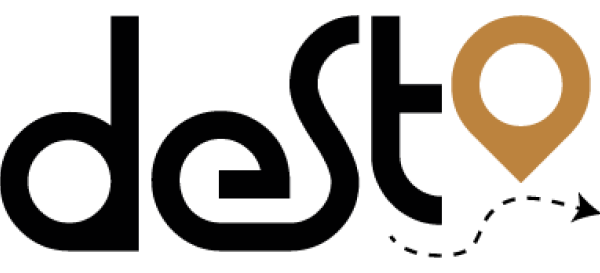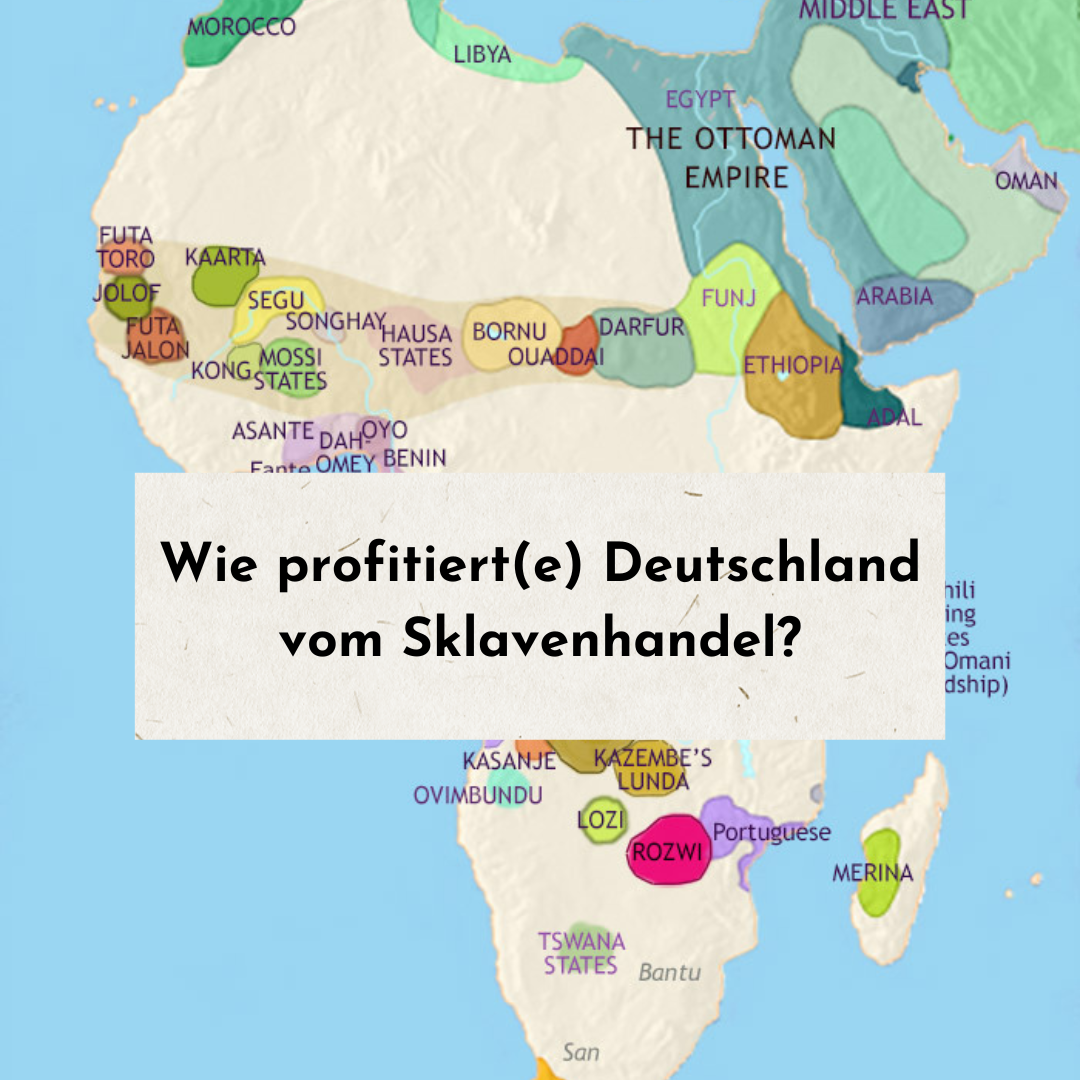The German Empire was founded in 1871 as a political entity. Before that, the area that is now known as Germany consisted of various independent states. These included kingdoms, principalities, duchies and free cities. These states had different political systems, forms of government and economic structures.
From 1680, under Elector Friedrich Wilhelm, a small colony was established on the coast of Ghana, where the "Groß-Friedrichsburg Fortress" was built, which served as a transshipment point and has been partially preserved to this day.
The Elector himself ordered animals and "half a dozen" Ghanaian teenagers from "his" colony, based on the racist ideologies that were already widespread at the time. In addition to people, he also bought gold and ivory. He was the first German human trafficker to arrange the abduction of around 30,000 West Africans to the Caribbean, almost half of whom did not survive the crossing.
Heinrich Carl v. Schimmelmann imported goods of all kinds, from textiles to weapons, from what is now Germany to African territories and exchanged them for people, who he then took on ships bound for the Caribbean. He also owned a handful of his own large cotton and sugar cane plantations on several islands and became a millionaire as a result.
Peter Meyer was also a criminal merchant who profited so much from human trafficking that he became a director of the Royal African Company, acquired a plantation in Barbados and stuffed his pockets with other investments.
At the end of the 18th century, Friedrich Romberg from Sauerland even founded one of the world's largest human trafficking agencies - with over 100 ships and 20 plantations in Haiti - which also made him a multi-millionaire.
All of these companies have had a positive economic impact on the German states.
In addition, the Germans invested in the imperialist actions of other countries from the very beginning. These included Portugal, Denmark and Spain. The Germans often produced goods or ships that were then sold or exchanged.
Examples are the boilers in which sugar cane juice was produced on the Caribbean plantations or the iron for chains and shackles? or the linen fabrics for the sails of various fleets?
"They were just two or three bad men, weren't they?"
Hm, and what about all the jobs that were created and maintained by German slavery? Whether in administration, ship personnel, logistics, military, missions, teachers, lawyers, farmers, medical. Personnel, painters, craftsmen, middlemen, scientists... just two or three individuals?
Incidentally, some Germans continued to abduct people for a while after the abolition of slavery, only secretly and illegally.
Okay, but what does that have to do with us today to do?
It is not for nothing that a new bust of Schimmelmann was erected in Hamburg in 2006, for example: The activities of the Germans in the global trade with enslaved people enriched the German financial and capital system, which flowed into the raw materials and metal industry, among other things, which helped to create our current prosperity. As a result of the financial boom, the German population also grew strongly in the 17th century. At the same time, the growth of German industry in turn enriched slavery:
Some companies financed by slave money still exist today: how many of you are at Commerzbank? It was founded by Theodor Wille, a coffee merchant who exploited enslaved people for his work. Another co-founder was Carl Woermann, who himself was actively involved in the triangular trade with various goods. His descendants, above all Adolph Woermann, continued the company with people who had been expelled and forced to work. After the loss of the colonies during colonialism and the world wars, the company opened branches in Angola, Ghana and Namibia, where there are still supermarkets under the name today.

